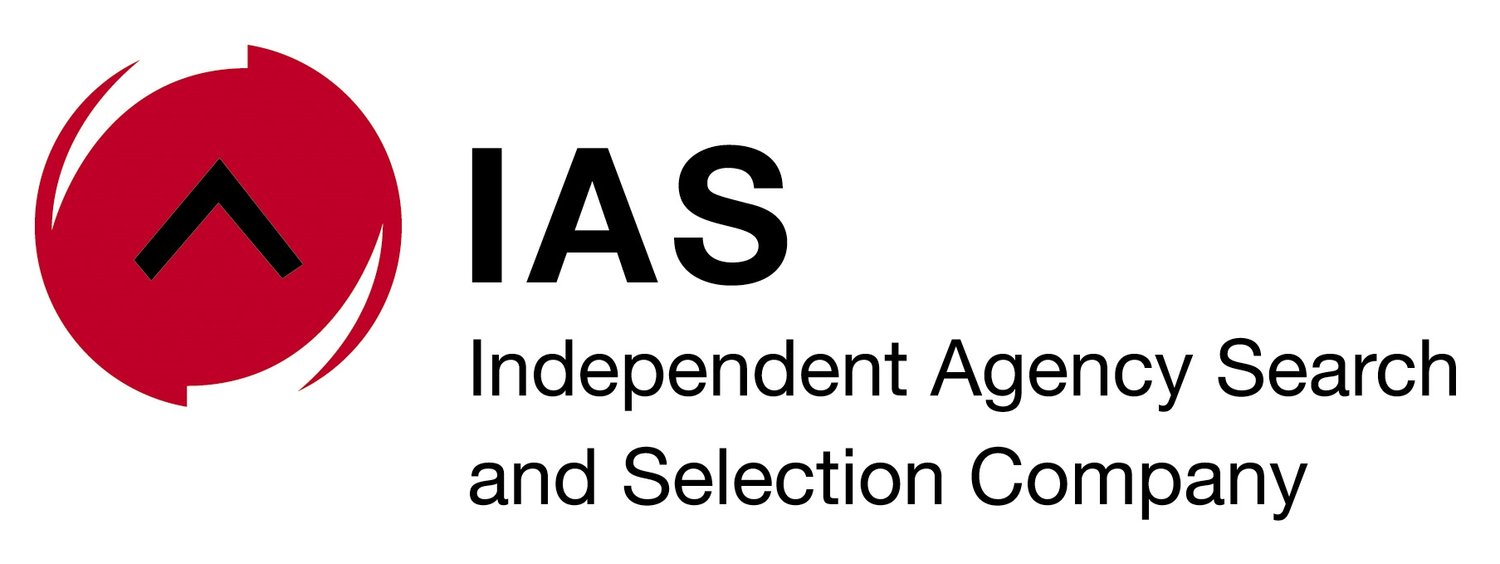Getting the selection of agencies right will be paramount to success
As the number of specialised services required by marketers and brands keep rising along with new platforms that deliver target audiences, the days of the single-stop agency may well be over. If they are indeed over, what will the new-era marketing department look like?
In recent years we’ve seen a growth in marketers’ need to engage with a plethora of new platforms, which is likely to bring with it a necessary increase in the size of marketing departments, particularly those in-house operations in large organisations in the banking and fast-moving consumer goods sectors, where a vast array of requirements must be met.
To manage all this will require the support of specialist skills of a variety of agencies. Right now, the “silver bullet” agency that houses the sheer number of skills and expertise doesn’t exist. The pressure on marketers is increasing, not only because they must manage a plethora of different agencies, but they have to do so while managing the various needs of their own business clients.
This trend has put the spotlight firmly on agency selection, as the appointment of the most appropriate specialist partners becomes increasingly important. It’s no longer a case of “we need a digital agency”, but rather “we need an agency with these particular skills”, across the areas of performance, lead generation, content development and other expertise marketers need to provide to the business.
Then, as the list of required skills grows, a marketer who doesn’t have a complete understanding of both needs and potential solutions available will be unable to properly manage an agency. The layers of complexity are becoming more apparent and putting pressure on marketers, particularly in terms of time.
For quality results, specific needs will have to be defined and agencies with the precise skills must be sought. Marketers will require guidance on how to work with the business and agencies to get the briefs right. It’s going to mean a whole lot of upskilling — and additional people.
Over the past few years it has seemed as though marketing departments have been shrinking as a result of budgets, the economy or a shortage of skills. Now the pressure is on to repopulate these departments with the expertise that fulfil the needs of the business and the level of specialisation required.
This applies not only to marketing departments in large companies but also to smaller companies, which often only have two or three people in their marketing departments and who must now be more trend-savvy and spend more time on defining all aspects of projects.
It’s not going to be easy. Marketers will need assistance with identifying suitable partners in each sector, all of which will be able to work in a collaborative way so that the marketer isn’t required to spend masses of time on every project.
Getting the selection of agencies right will be paramount to success — and the growth of marketing departments looks set to be driven by ever-increasing choices and ever-fragmenting communication channels.
You can read this online here

